Giacomo Puccini was an Italian composer. He was born in the Tuscan city of Lucca on December 22, 1858, into a long line of musicians. After his initial studies, Puccini left his native city when he was 21 to enroll at Milan’s conservatory.
In Milan, he encountered both financial and creative difficulties. His first operas, Le Villi and Edgar were both failures.
But then Puccini began to collaborate with music publisher Giulio Ricordi, who supported him in spite of the fiascos.
In 1891, Puccini left Milan for the town of Torre del Lago near Lucca, where he began to compose intensively. He finally achieved success with performances of Manon Lescaut, La Bohème and Tosca. For these works, Puccini collaborated with librettists Luigi Illica and Giuseppe Giacosa, who followed the composer’s suggestions for crafting plots and writing lyrics.
Puccini actually viewed dramatic action as less important than his musical scores. With music occupying this central role, he masterfully divided his melodies between vocal parts and the orchestra.
In 1904, Madama Butterfly debuted at La Scala opera house in Milan. Although the first performance was a debacle, the work went on to become one of Puccini’s most celebrated operas.
By this time, the composer had become an international celebrity. However, his creative output began to dwindle. Puccini nevertheless achieved another success with La Fanciulla del West, which had a run in New York in 1910.
In 1920, Puccini began work on Turandot, a fairytale work that features the aria “Nessun dorma”, perhaps the most celebrated vocal part in the history of opera. Turandot was never completed. Puccini was still working on it when he died in Brussels on November 29, 1924. He was 65. To this day, his operas are still among the most widely performed in the world.
In Milan, he encountered both financial and creative difficulties. His first operas, Le Villi and Edgar were both failures.
But then Puccini began to collaborate with music publisher Giulio Ricordi, who supported him in spite of the fiascos.
In 1891, Puccini left Milan for the town of Torre del Lago near Lucca, where he began to compose intensively. He finally achieved success with performances of Manon Lescaut, La Bohème and Tosca. For these works, Puccini collaborated with librettists Luigi Illica and Giuseppe Giacosa, who followed the composer’s suggestions for crafting plots and writing lyrics.
Puccini actually viewed dramatic action as less important than his musical scores. With music occupying this central role, he masterfully divided his melodies between vocal parts and the orchestra.
In 1904, Madama Butterfly debuted at La Scala opera house in Milan. Although the first performance was a debacle, the work went on to become one of Puccini’s most celebrated operas.
By this time, the composer had become an international celebrity. However, his creative output began to dwindle. Puccini nevertheless achieved another success with La Fanciulla del West, which had a run in New York in 1910.
In 1920, Puccini began work on Turandot, a fairytale work that features the aria “Nessun dorma”, perhaps the most celebrated vocal part in the history of opera. Turandot was never completed. Puccini was still working on it when he died in Brussels on November 29, 1924. He was 65. To this day, his operas are still among the most widely performed in the world.
RELATED


CARA DELEVINGNE
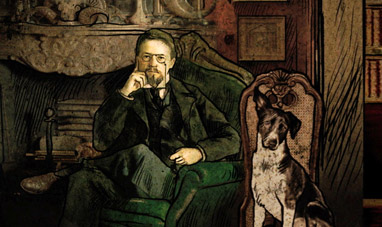

ANTON CHEKHOV
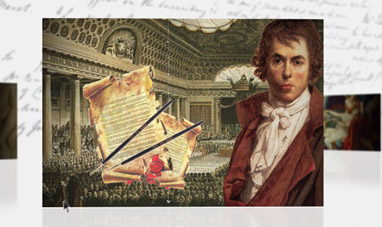

JACQUES LOUIS DAVID
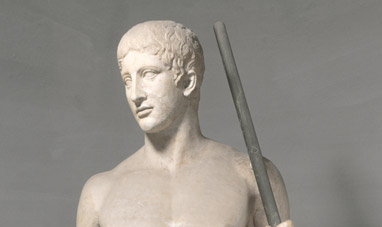

POLYCLEITUS
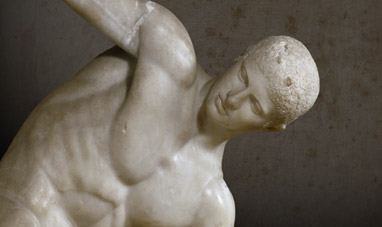

MYRON
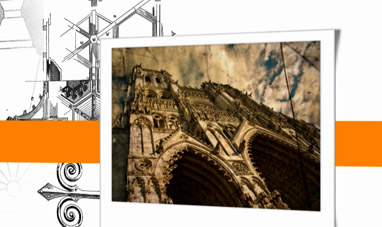

EUGÈNE VIOLET-LE-DUC


STANLEY KUBRICK
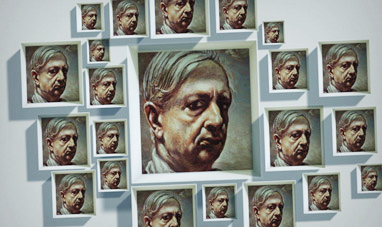

GIORGIO DE CHIRICO
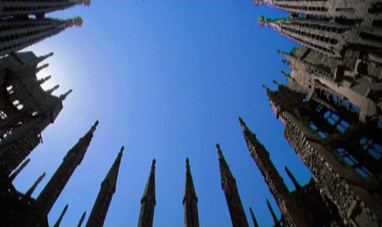

ANTONI GAUDÍ
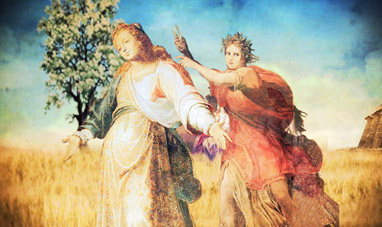

EURIPIDES
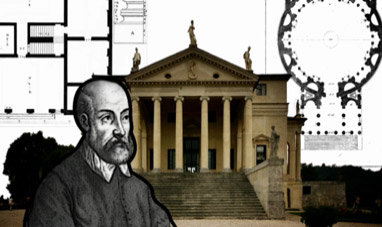

ANDREA PALLADIO
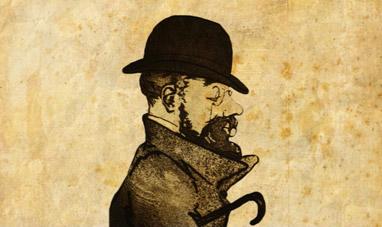

HENRI DE TOULOUSE-LAUTREC


KARL FRIEDRICH SCHINKEL


MICHELANGELO PISTOLETTO
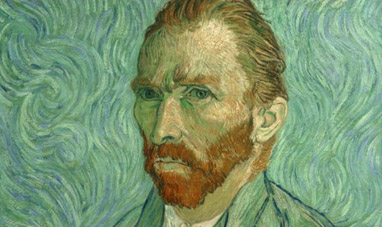

VINCENT VAN GOGH
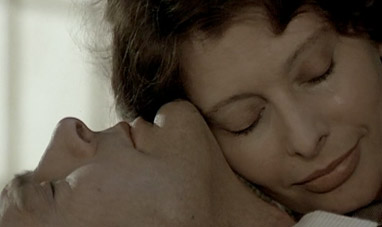

SOPHIA LOREN


MONICA BELLUCCI
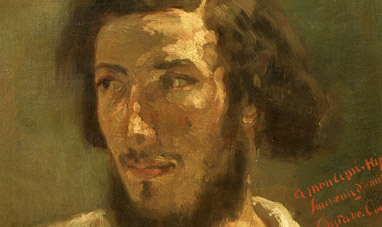

GUSTAVE COURBET
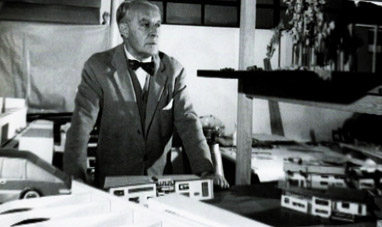

GIO PONTI
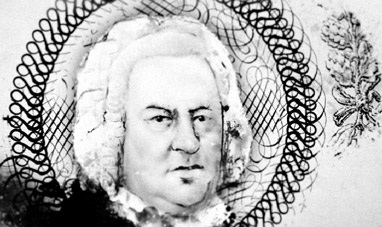

JOHANN SEBASTIAN BACH
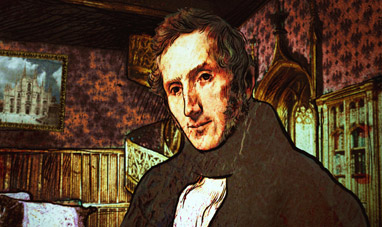

ALESSANDRO MANZONI
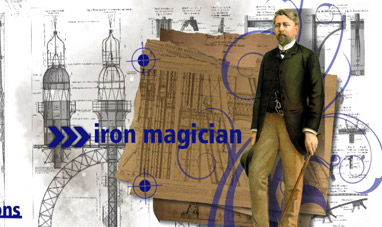

GUSTAVE EIFFEL
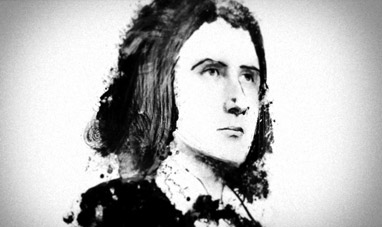

FRANZ LISZT
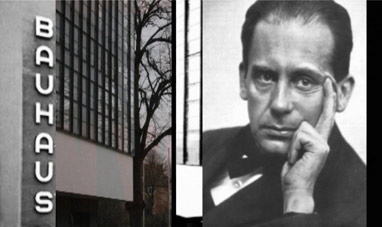

WALTER GROPIUS
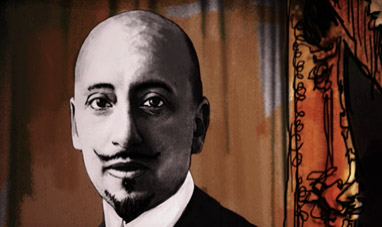

GABRIELE D'ANNUNZIO


FRANK GEHRY


BILLY WILDER
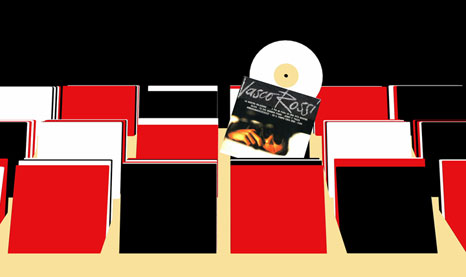

VASCO ROSSI


WIM WENDERS
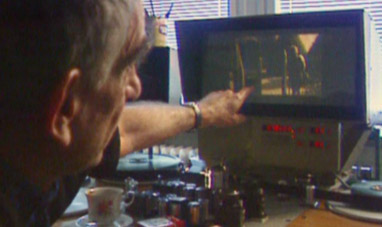

KRZYSZTOF KIELOWSKI
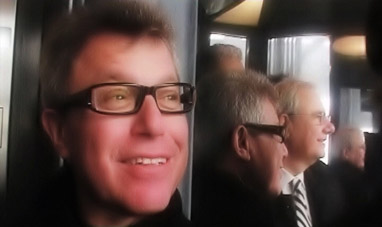

DANIEL LIBESKIND
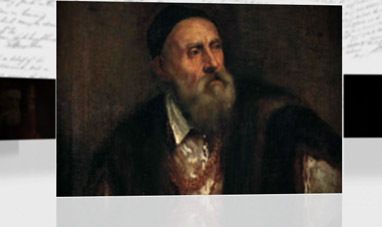

TITIAN


PIERO MANZONI
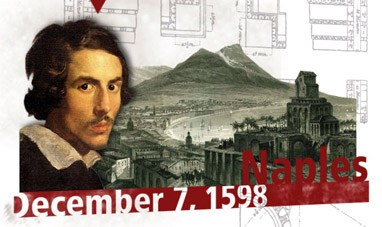

GIANLORENZO BERNINI


AUDREY HEPBURN


ENRICO CASTELLANI
